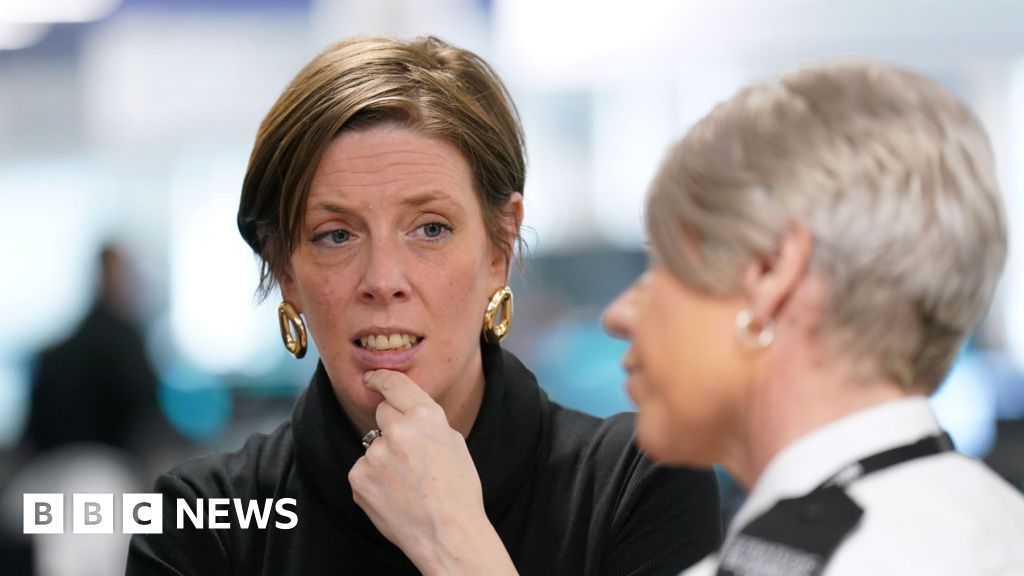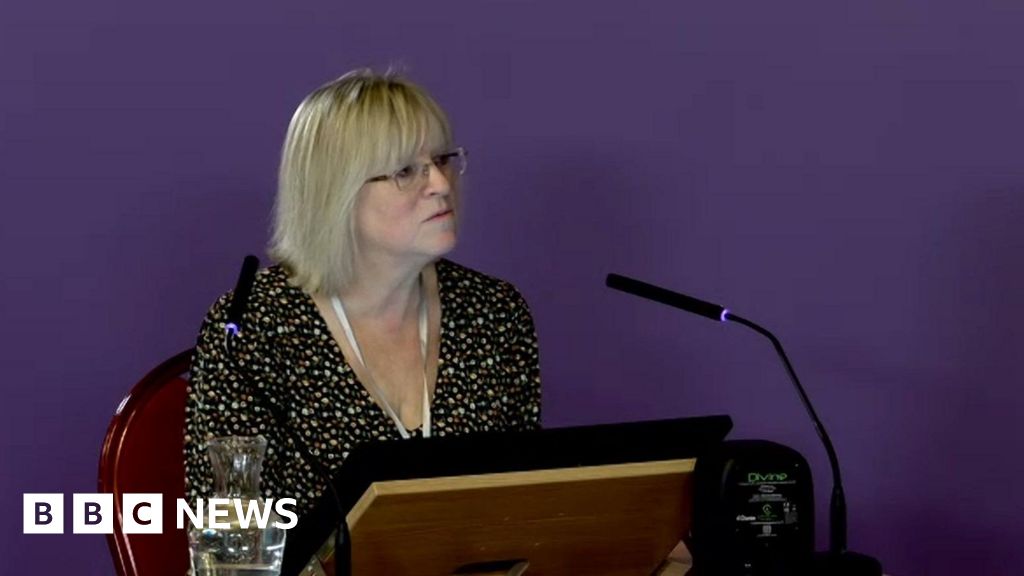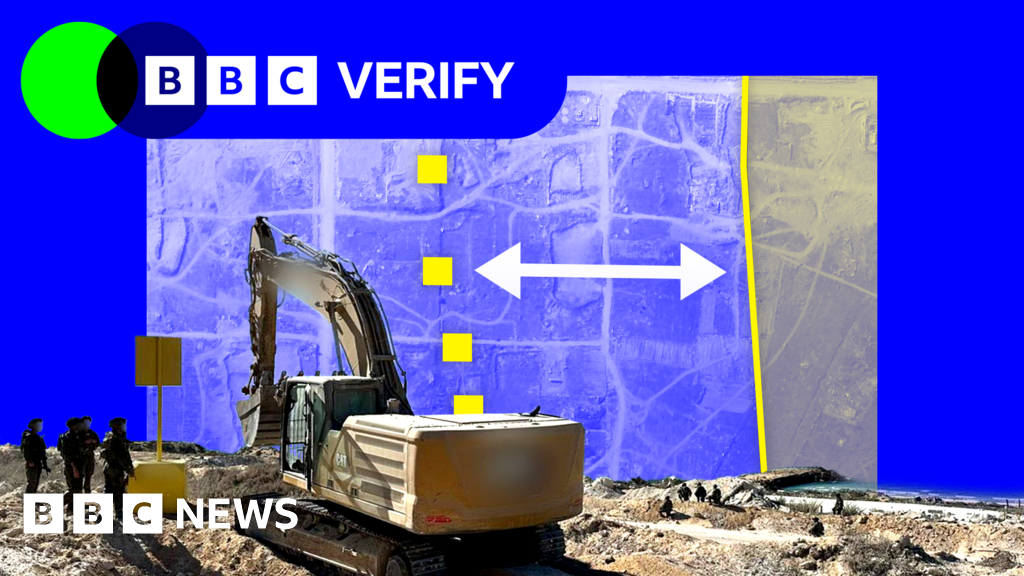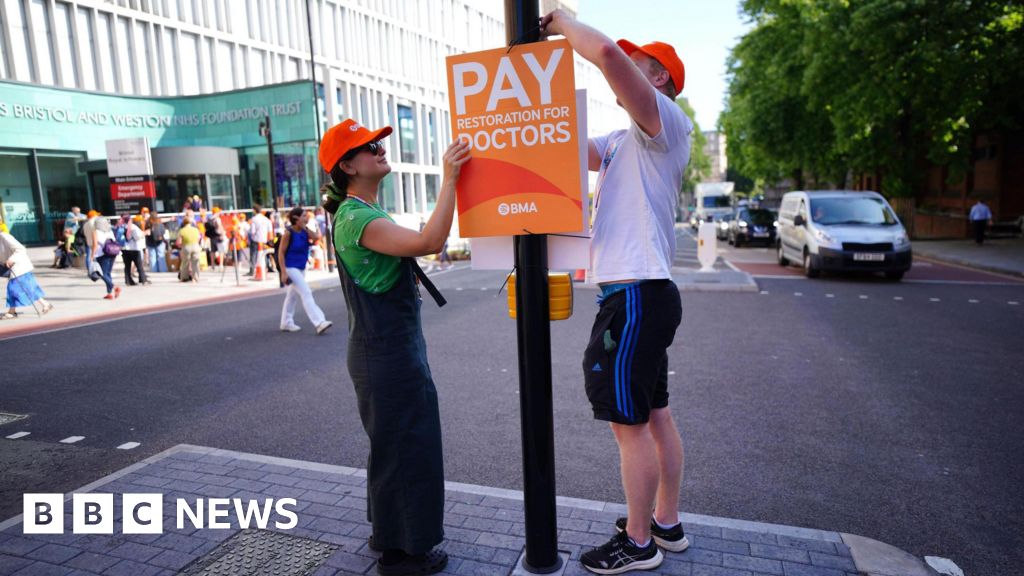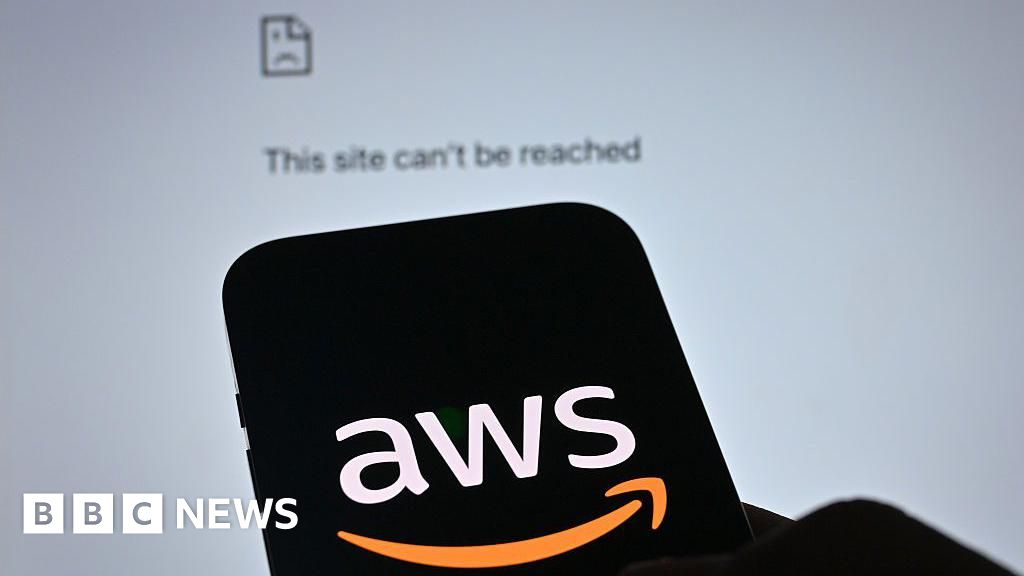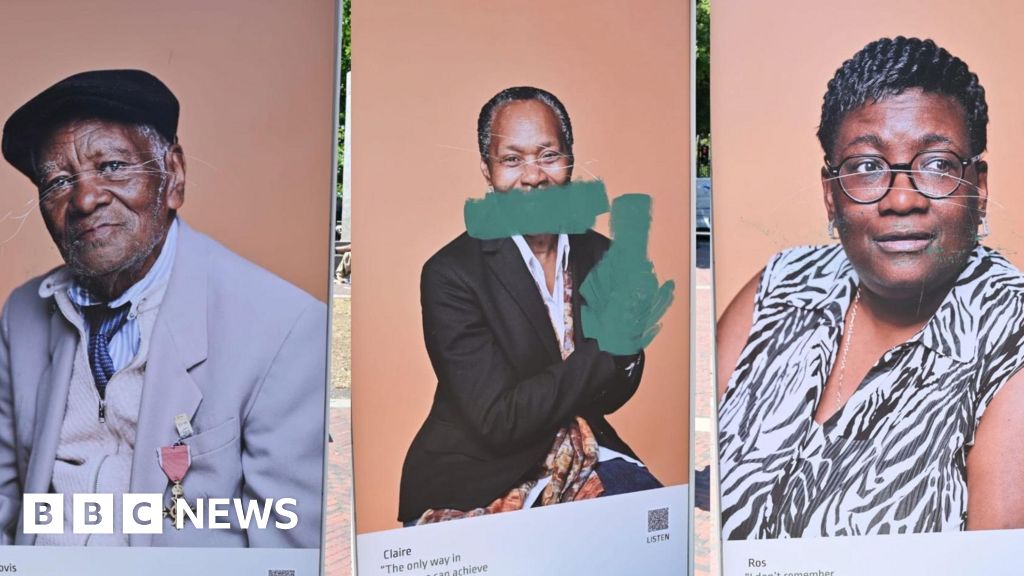Zoe KleinmanTechnology editor

 Getty Images
Getty Images
The government says its controversial digital ID scheme will not be applied retrospectively, with UK workers only needing it when they apply for a job after its proposed introduction by 2028.
Announcing the plans in September, Sir Keir Starmer said they were a means to stop people "slipping into the shadow economy."
It's now confirmed the scheme will only be mandatory for jobs entered into once it goes live, which ministers say will happen by the end of the parliament.
Speaking to BBC News about the broader aims of the plans, Sir Keir stressed digital ID would not be compulsory and people who choose not to have it would not be denied access to essential services such as healthcare.
"You'll never need ID to go into a hospital or anything like that," he said.
"For people who simply don't want it, well, they don't need it - apart from the right to work."
It's not clear the idea will be welcomed by the public however. A petition calling for it to be scrapped has attracted nearly three million signatures.
'Cut the faff'
In his BBC interview, Sir Keir set out what he said would be the advantages of digital ID, which will be available to all UK citizens and legal residents.
He said it would aim to make people's lives easier by "cutting the faff" involved in providing multiple examples of identification for tasks such as applying to university, buying a house or renting.
All of these can sometimes involve having to pay third party services for official verification.
Chris Norris, head of policy at the National Residential Landlords Association, told the BBC it would welcome anything that makes it easier to verify individuals who want to rent.
"Where it may prove useful is in standardising the type of ID available," he said.
The PM also told the BBC digital ID could reduce banking fraud because it would make it harder for criminals to access private accounts using forged or stolen physical documents.
There will be a public consultation about it in late 2025, but there has already been significant public opposition – alongside some confusion about what it actually is.
"Public opinion is largely split," said technology specialist Rachel Coldicutt.
"There's a group who will welcome this, who use the wallet app on their phone everyday and want that seamless service, another group who openly don't welcome it - and another group muddling through who don't want any more admin."
She said there was a "fairly thriving" market in the UK for independent digital ID providers, which she called "a local home grown industry".
"If the government expands its digital ID offering, this it could kill off a growth industry," she said.
Surveillance concerns
The prime minister's intervention appears to have done little to win over those with privacy concerns.
"Keir Starmer has already lost the public's trust on digital IDs," said Silkie Carlo, head of civil liberties campaign group Big Brother Watch.
"The only way to safeguard the public's privacy and right to choose is to reject plans for a mandatory digital ID, as millions of people have petitioned the Prime Minister to do."
But the PM denied it would ever be used as a surveillance tool - and said the personal data which would have to be involved in creating it would "absolutely have very strong encryption".
It would also exist on your device rather than being stored in data centre computers, for additional security.
While making it non-mandatory may address some of the criticism around digital inclusion and those without access to smartphones, it may also make it a less powerful tool as a result.
Digital ID is already in use in many countries around the world including India, Denmark and Singapore.
China has introduced a voluntary system this year but there are fears about its likely use by the police to track online activity. One of the first countries to adopt e-citizenship was Estonia in 2002.
Sir Keir did not expand on who might operate the UK digital ID scheme and whether it was likely to be a US tech giant.
It has emerged today that it will now be overseen by the Cabinet Office, rather than the Department for Science, Innovation and Technology, which is responsible for other government digital services.


.png)
 4 hours ago
3
4 hours ago
3





